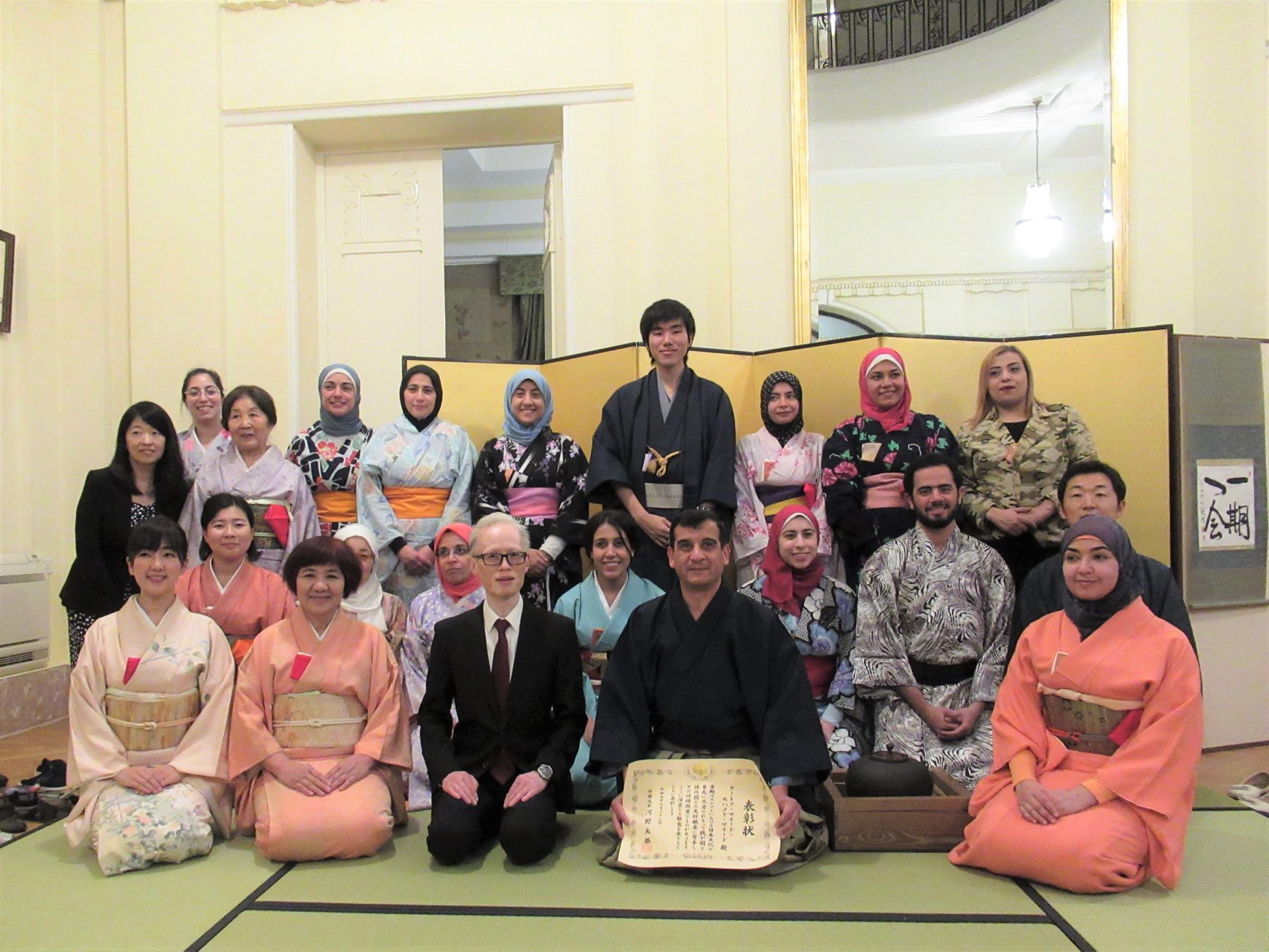
Next to the three largest ancient pyramids of Giza, Japan’s International Cooperation Agency (JICA) is financing the construction of one of the world’s largest museums: the Grand Egyptian Museum (GEM). In a world where interconnectedness is becoming more of a reality, the long historical relationship between Japan and Egypt can be used to illustrate how the principles of partnerships and cooperation are essential in promoting development and growth.
The first visit of Japanese citizens to Egypt can date back to 1862 and 1864, according to former Ambassador to Japan Dr. Walid Mahmoud Abdelnasser, who were inspired by the Egyptian modernization experience under Mohamed Ali (1805-1848) and his successors that they even recommended some of the achievements they witnessed in Egypt to be implemented in Japan, and for Japanese scholars to study the legal and judicial systems of Egypt.
Later in 1922, Japan recognized the formal independence of Egypt, but it wasn’t until the 1952 revolution that the relationship between the two countries came to grow and become much deeper, with the establishment of several projects that aimed to create an impact on the lives of Egyptian and Japanese people.
Starting With People
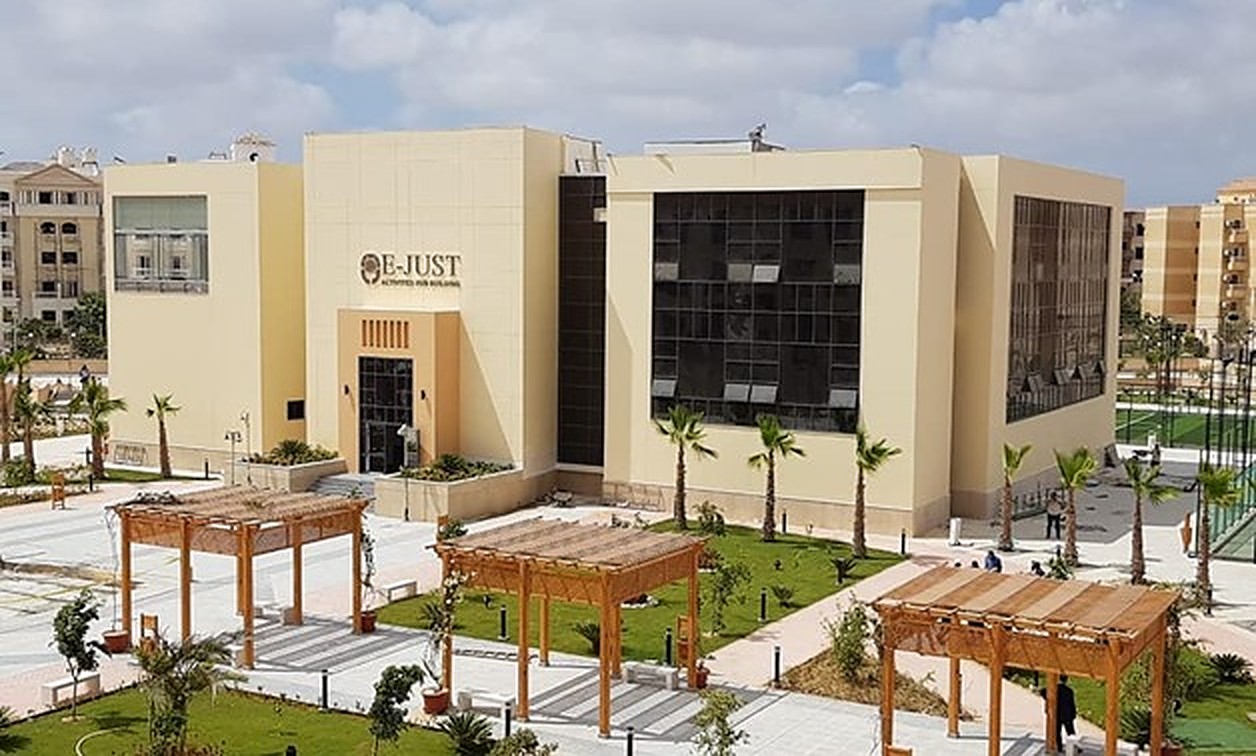
Essentially, their cooperation portfolio has always put people at the core, which offers a blueprint for other countries to follow, as the COVID-19 pandemic has made us all realize the importance of focusing on sustainability, collaboration and what is essential to our well-being.
For instance, in the 1960s, it is recorded that the Japanese contributed to rescuing the sunken monuments of Nubia, an important step in protecting the country’s history and heritage. This dedication to protect Egypt’s heritage stretches onwards to the 1980s, with the establishment of the National Cultural Center (Cairo Opera House), as well as the construction of the new Aboulreesh Pediatric Hospital in the 1990s. This is in addition to several projects across many sectors to promote development and improve the quality of life for many Egyptians, such as in water, sewage, electricity, and renewable energy, which saw the establishment of the Suez Canal Peace Bridge the largest wind power farm in the Middle East in the Gulf of Suez area.
Strong partnerships must also include the exchange of knowledge and expertise, as education is known to be the first step for the real growth of any nation. Since the 1970s, a Japanese Language and Arts Department was established in Cairo University as well as in Ein Shams University in 2000. In 2008, it was also the year of “Egypt-Japan Science and Technology”, which helped push for the inauguration of the Egypt-Japan University of Science and Technology (EJUST); the signing of the Agreement between the Governments of Egypt and Japan on Cooperation in Science and Technology. Today, the Japanese schools project is also another example in the exchange of knowledge and technical experience between the two countries.
Yet while there were partnerships implemented at the state level, there were also partnerships being done among regular citizens, reflecting the depth of cooperation between the two countries. Egyptian artists and filmmakers have regularly mentioned Japan in their stories or artistic works, such as famous poet Hafez Ibrahim who wrote a poem about Japan on the occasion of the Japanese victory over Russia, and Ahmed Shawky who also wrote a poem in tribute of the victims of the disaster of the Great Kanto Earthquake. Most recently, there was also the “From Japan to Egypt” film that was released in 2017.
Looking Forward
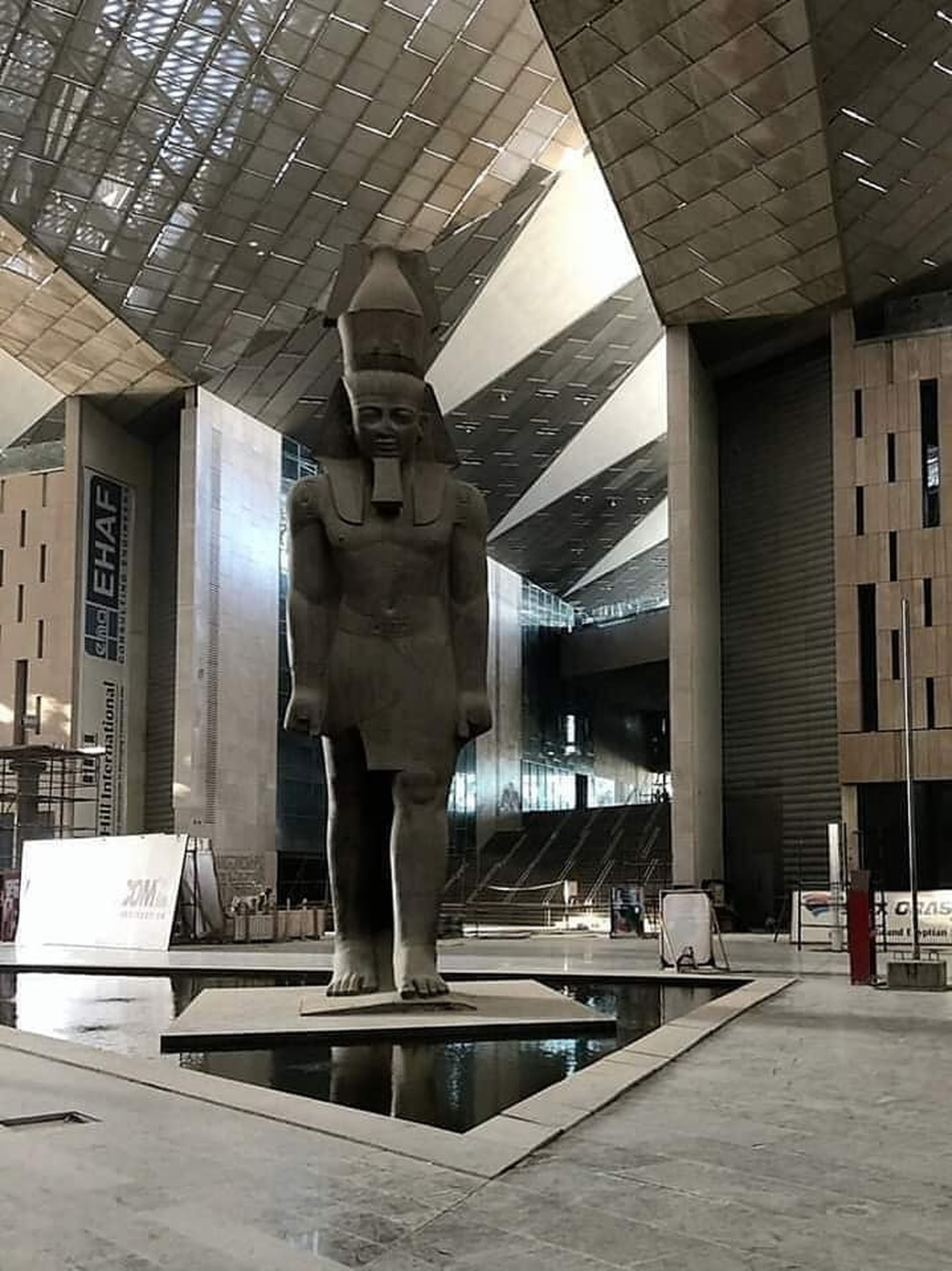
The relationship between the two countries continues to develop with a forward-looking vision. Most recently, Egypt’s Ministry of International Cooperation, together with representatives of the Japanese International Cooperation Agency (JICA), and the Japanese Embassy in Cairo, organized a virtual high-level policy dialogue to chart a new path of cooperation for the year 2021/2022.
Based on the principles of economic diplomacy, the two countries have been regularly organizing multi-stakeholder platforms to ensure that all projects between development partners are streamlined and effectively coordinated to accelerate the pace of development for the achievement of UN’s Sustainable Development Goals (SDGs) and according to the Global Partnerships Narrative: People, Projects, Purpose (P&P&P).
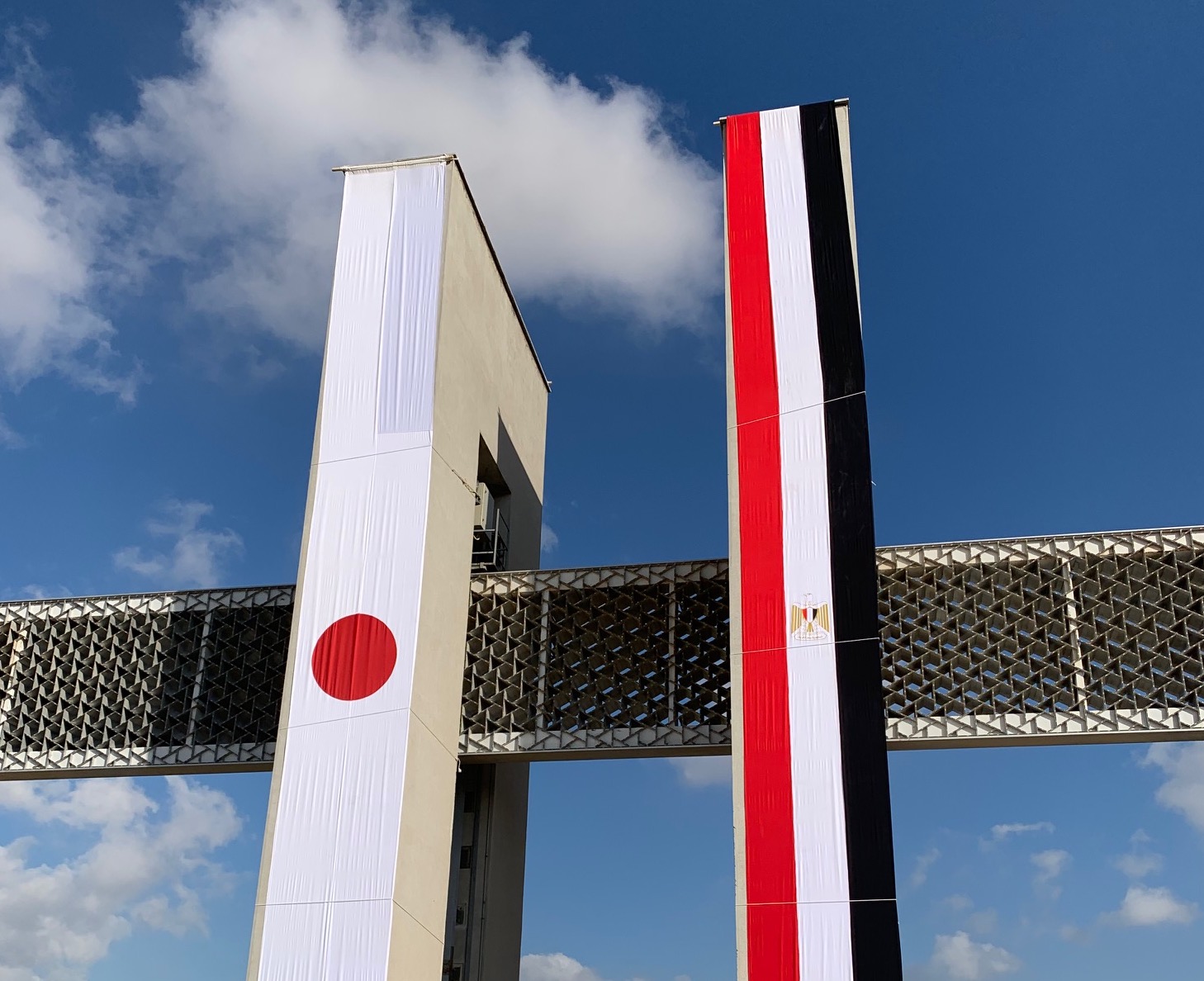




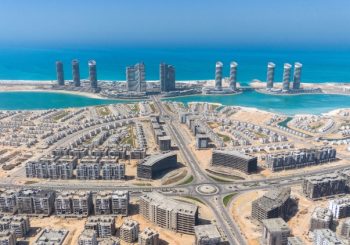
Comments (2)
[…] Japan and Egypt: a Brief Overview of Long Historical Relations […]
[…] Japan and Egypt: a Brief Overview of Long Historical Relations […]